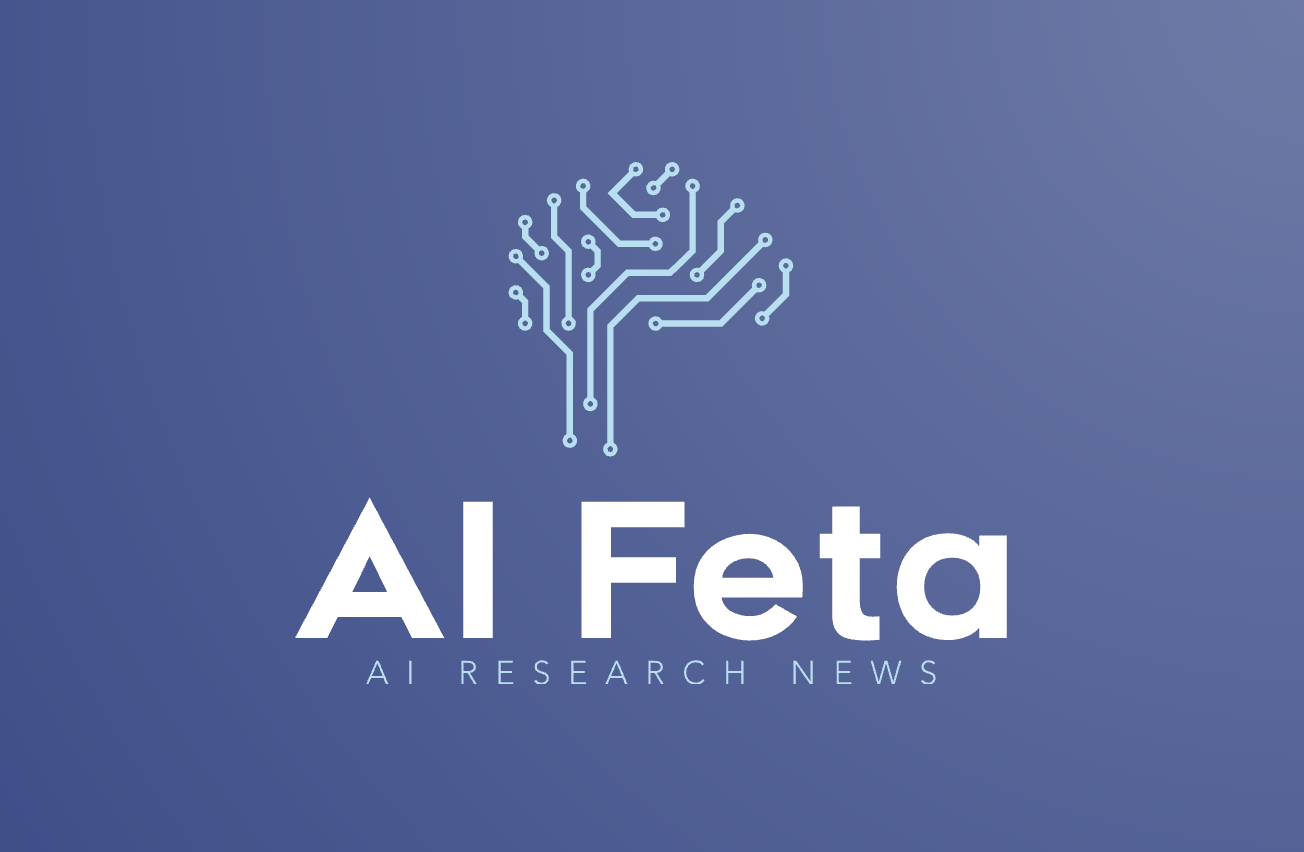How to Trust AI Agents on the Web: Proof, Stake, and Smarter Safeguards

The "agentic web" is coming: billions of AI agents that buy, sell, and collaborate online. But who - and what - do we trust?
This study compares six ways agents earn trust:
- Brief: verifiable profiles/IDs
- Claim: self-declared skills
- Proof: cryptography and hardware attestations
- Stake: collateral with slashing/insurance
- Reputation: feedback and social graphs
- Constraint: sandboxes and capability limits
Pure claims or reputation often fail with LLM agents (prompt injection, hallucination, sycophancy, deception). No single tool is enough.
Recommendation: design "trustless-by-default" systems. Use Proof and Stake to gate high-impact actions; add Brief for discovery/identity and Reputation for social signals; keep tight Constraints around what agents can do.
The paper benchmarks emerging standards - Google's A2A, Agent Payments Protocol (AP2), and Ethereum's ERC-8004 - on security, privacy, cost/latency, and resistance to Sybil/collusion/whitewashing.
For builders and policymakers, it offers actionable design guidelines for safer, interoperable agent economies. Read: http://arxiv.org/abs/2511.03434v1
Paper: http://arxiv.org/abs/2511.03434v1
Register: https://www.AiFeta.com
AI Agents AgenticWeb Web3 Security Cryptography Reputation Trust LLM ProtocolDesign Ethereum




